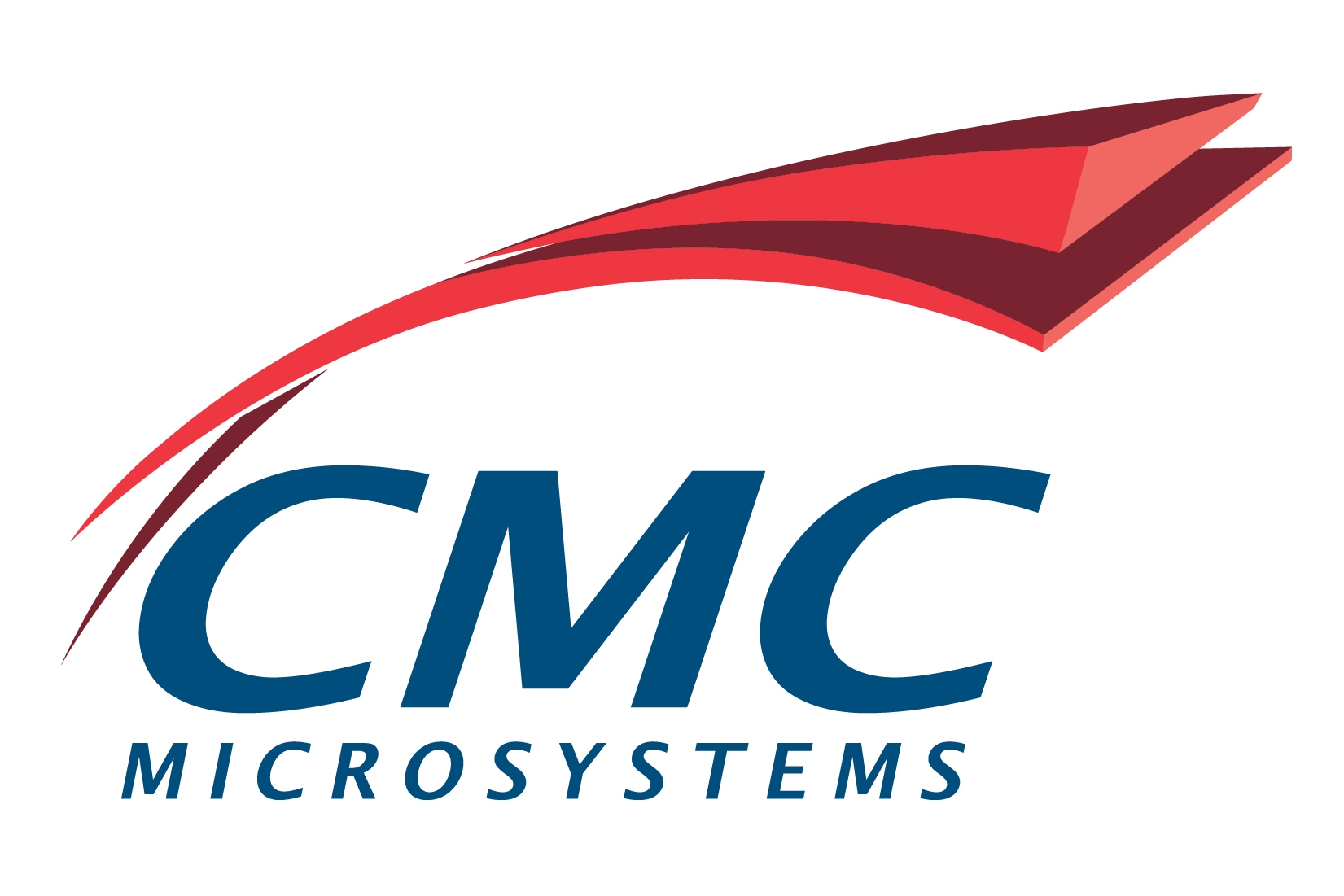CMC Microsystems, the CMC Microsystems logo, CMC Basecamp, CMC SponsorChip, CADpass, Canada’s National Design Network and Réseau National de Conception du Canada are trademarks or registered trademarks of Canadian Microelectronics Corporation / Société canadienne de micro-électronique operating as CMC Microsystems.
Atomistics webinar
21sep1:00 pm2:00 pmAtomistics webinarCMC-Hosted Webinar
Event Details
Material and device physics is ultimately determined at the atomic scale, be it because material parameters like bulk modulus or Fermi level depend on the atomic structure and
Event Details
Material and device physics is ultimately determined at the atomic scale, be it because material parameters like bulk modulus or Fermi level depend on the atomic structure and chemical bonds, or because the system is intrinsically nanometric in size. So-called ab initio methods (first principles) have been used to study a variety of systems which can be represented with a few dozen to a few hundred atoms, including semiconductors, metals, topological insulators. Many classes of materials comprise many more atoms, challenging the capabilities of ab initio methods like density functional theory (DFT). For instance, two-dimensional (2D) van der Waals (vdW) heterostructures usually form Moiré patterns – a physical superlattice arising from two similar but unidentical lattices which bring about novel electronic properties – or dilute doped III-nitrides semiconductors, solid-liquid interfaces, etc.
This webinar will present Nanoacademic’s atomistics software suite, which can predict the electronic structure of systems comprising many thousands of atoms with modest computer resources (tens to hundreds of cores).
- RESCU (Real Space Electronic Structure calcUlator) and RESCU+ are large scale DFT codes that can be used to predict ground-state properties of molecules, surfaces, crystals, and interfaces; such as lattice constants, work function, electronic structure, band alignment, phonon spectrum and more.
- NanoDCAL and NanoDCAL+ are state-of-the-art quantum transport code implementing the Keldish formalism together with DFT. They can calculate notably the transmission function, current, IV characteristic of nanoscale devices and more.
- Device Studio (DS) is used to construct molecules, surfaces, crystals, and all sorts of nanoscale structures and manage projects.
Speaker Bio
Dr. Michaud-Rioux obtained his PhD in Physics from McGill University in 2018, where he worked on various mathematical problems pertaining to electronic structure and transport calculations. He notably developed the DFT code RESCU during his time in Prof. Guo’s group. He then joined Nanoacademic where he now works as a researcher and oversees the development and commercialization of the atomistics tools: NanoDCAL, NanoDCAL+, RESCU and RESCU+.
Time
(Wednesday) 1:00 pm - 2:00 pm(GMT-04:00)
